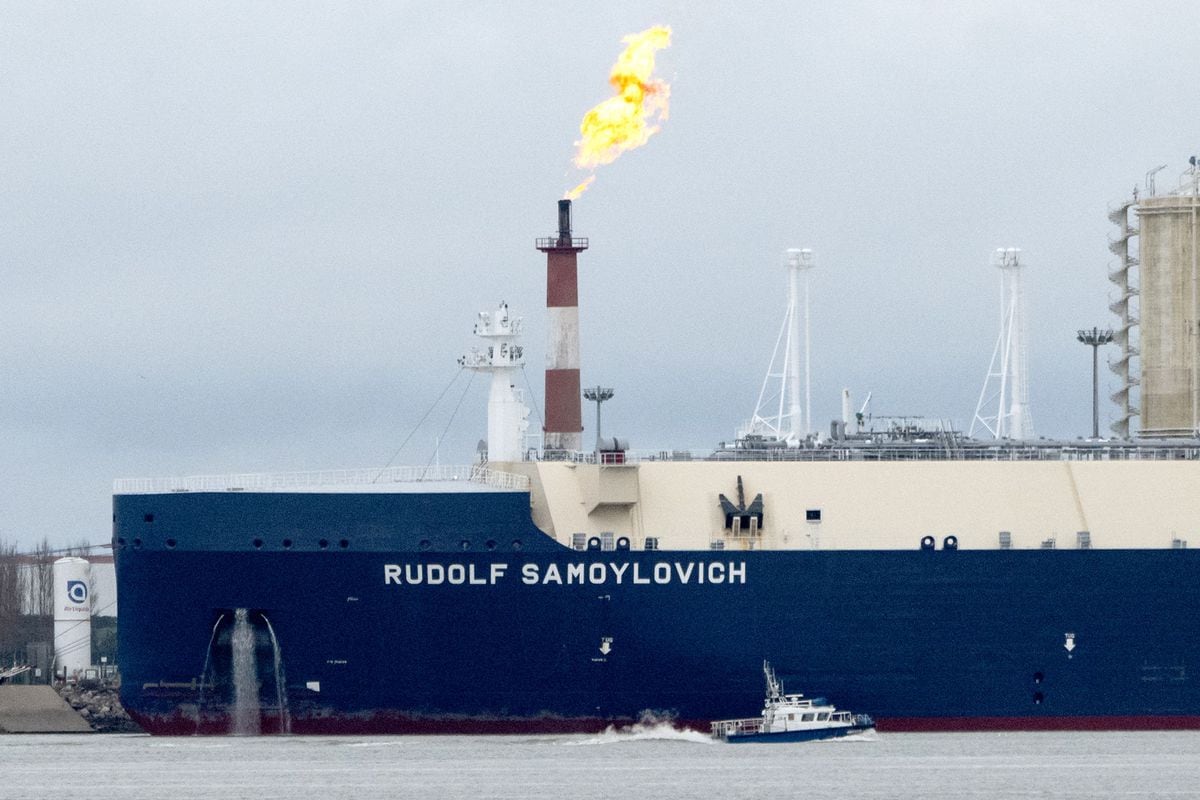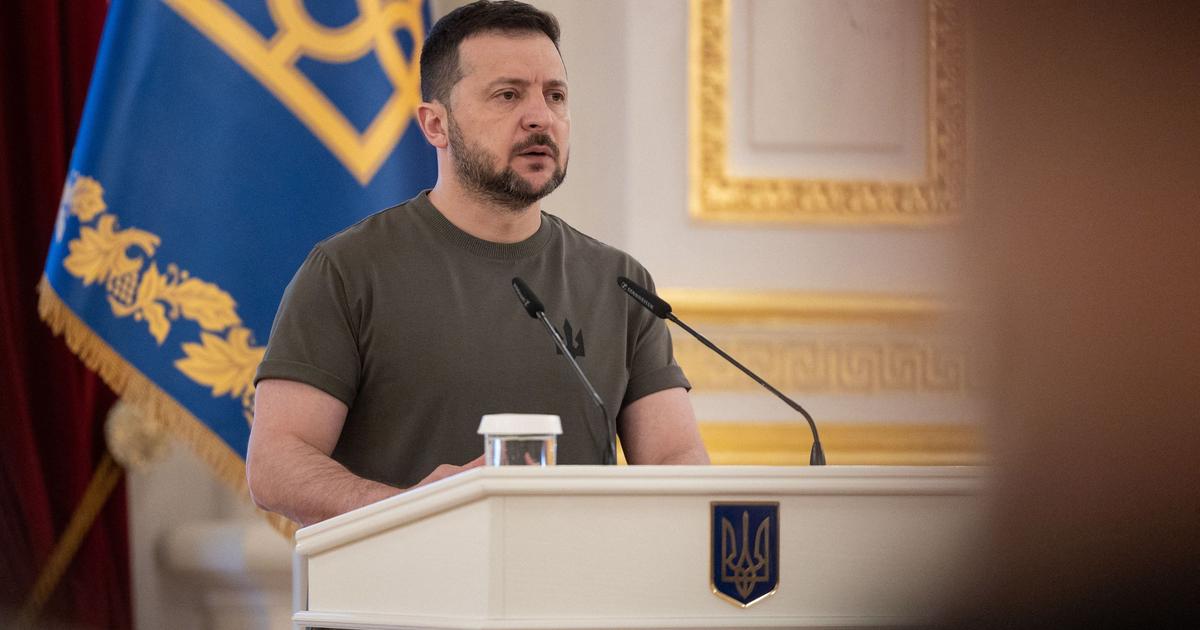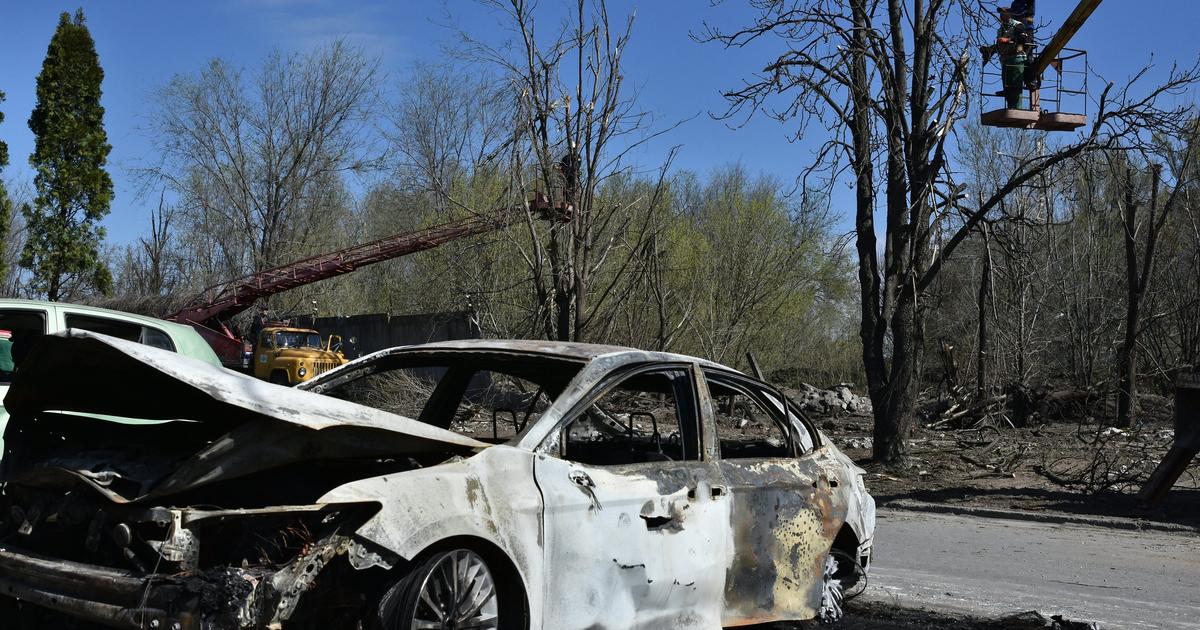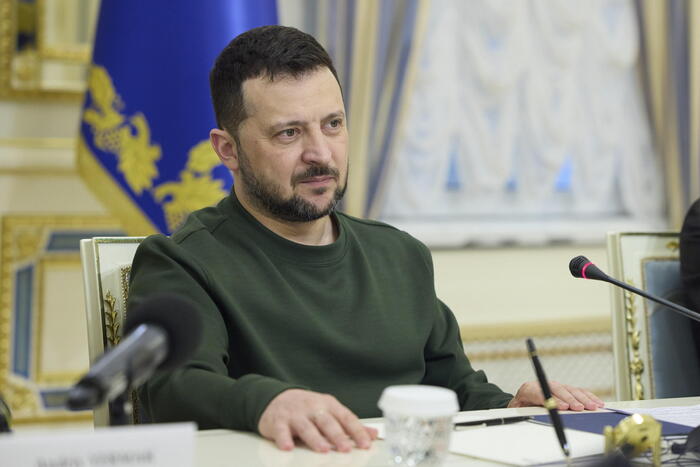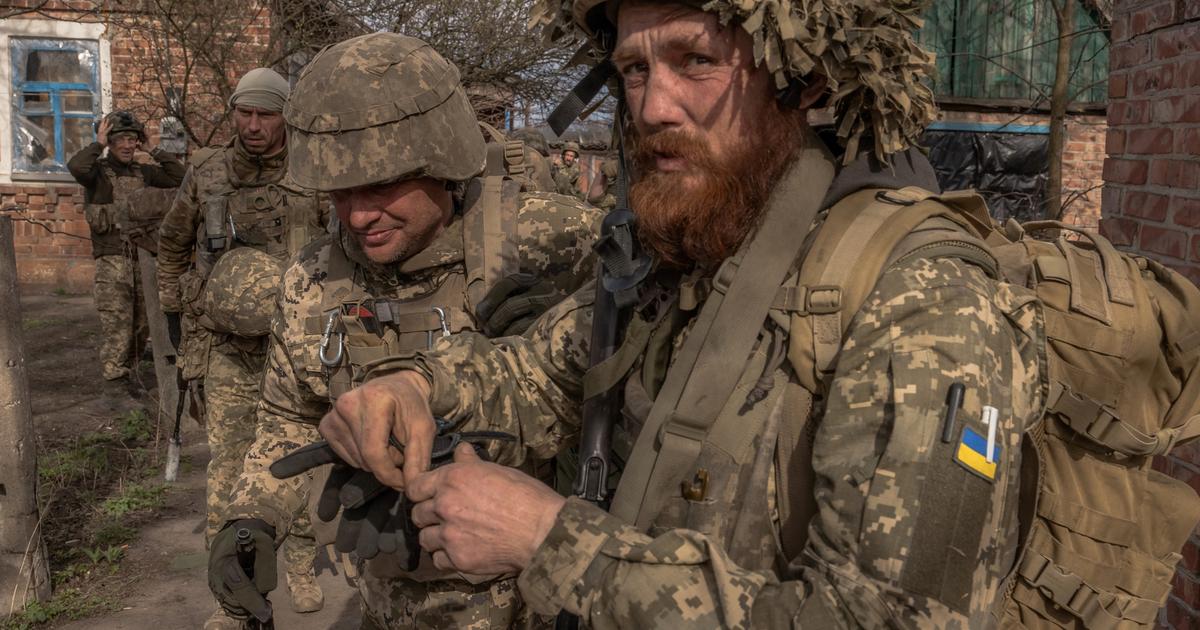If the great dependence that we have on fossil fuels already made it very difficult to reduce greenhouse gas emissions and fight against climate change, an unexpected war in the heart of Europe has now come to complicate things.
It is not just any war.
It is led by the world's third largest supplier of fossil fuels after the US and Saudi Arabia, and puts at risk the supply of 40% of the gas and 11% of the oil that Europe consumes.
The economic sanctions imposed on Russia exclude gas and oil trade, but the leaders of the European Union know that in order to force Putin to desist from his aggressive expansion plan, they have to turn the screw one more time and suspend the purchase of gas and oil.
But the decision is not easy.
Everyone knows that the measure has an undoubted boomerang effect.
For the time being, the European Union intends to reduce imports prior to the invasion to a third in a year, but whatever the final decision, we run the risk that the war will end up causing a setback in the fight against climate change precisely in Europe, which until now has been its main driving force.
If the gas that is no longer purchased from Russia is replaced by coal or oil derivatives, emissions will increase.
If instead of coming from Russia by gas pipeline, as now, the gas comes from Algeria or the United States by ship, emissions will also increase.
Whatever the solution, it will drive up the cost of energy.
Some studies estimate that the energy crisis will reduce the disposable income of European citizens by 2%.
The issue is not only the increase in the bill that we are going to pay,
But every crisis also contains an opportunity.
In this case, the opportunity to accelerate the energy transition and advance structural changes that will have to be made anyway and that collide with strong resistance from vested interests.
And the first step could be to intervene in an issue that seemed untouchable: the pricing system in the wholesale electricity market.
The price of gas had already skyrocketed long before the invasion of Ukraine.
In January 2021, at the height of the demand for the
Filomena storm
, the price of electricity in the Spanish wholesale market was 93 euros MGW/h.
On December 15 it exceeded 300 euros and, with the war, on March 7 it exceeded 500. The problem is not only that the price of gas is higher, but also that the marginalist system of price setting that governs Europe means that all the energy we consume is paid for at the price of the last one added to the daily auction, which is usually gas, that is, the most expensive.
This has given the large electricity companies huge
profits from heaven
, since they charge the price of gas for all the energy produced, including that from much cheaper and already amortized sources, such as nuclear or hydroelectric.
The war is going to allow, finally, to question that taboo.
There are many reasons to hit the throttle.
The first is that Europe cannot continue to depend on a supplier that uses energy as an element of blackmail.
But also that the volatility of energy supplies and the fluctuation of prices impel us to look for safer and more controllable alternatives.
The investments we make to accelerate the energy transition must serve to reinforce both sovereignty and energy security and renewable energies, to the extent that they depend on our own resources, are the ones that best guarantee this.
What this crisis teaches us is that the best way to guarantee energy sovereignty and security is to end dependence on fossil fuels.
Exclusive content for subscribers
read without limits
subscribe
I'm already a subscriber

